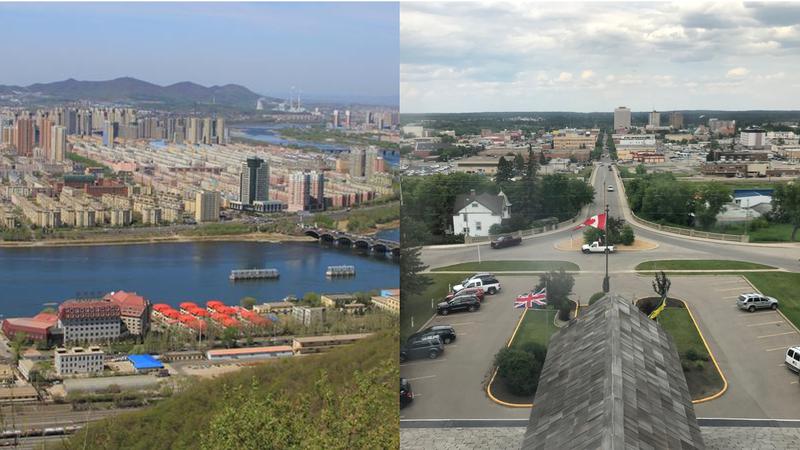
Prince Albert-China relations: MP and experts weigh in
As Prince Albert considers putting a freeze on its relationship with its Chinese sister city, local Conservative MP Randy Hoback says he understands city council’s concerns. Meanwhile two university professors contacted by paNOW share conflicting views on the topic.
At a meeting earlier this month, Prince Albert city council voted to forward a correspondence from Jilin City, China to Hoback’s office for advice on how to proceed.
Coun. Dawn Kilmer, who moved the motion to seek federal input, told council she wants to see Prince Albert stop all correspondence with it’s counterpart of 23 years until two Canadians imprisoned in China are freed.
Upon receiving the letter, Hoback told paNOW he plans to take it to Global Affairs Canada to get P.A. politicians the information they need to make an informed decision. He added he understands their concerns.


